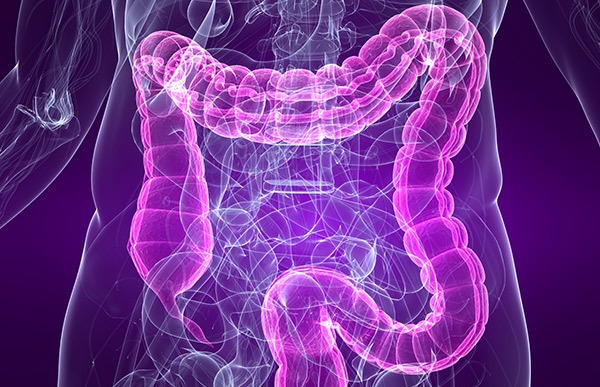
The cause of IBS hasn't been pinpointed but some researchers believe it's linked to abnormalities in the population of microorganisms in the gut. Fecal transplants - in which stool from a donor is processed and then transplanted into a patient's gut - are meant to repopulate the gut with a healthier range of microorganisms, NBC News reported.
This study included 164 IBS patients who received either lower- or higher-dose fecal transplants or a placebo, which were delivered to the small intestine through a tube inserted into the mouth and down the throat.
Moderate symptoms improvement was reported by 23.6% of patients in the placebo group, 76.9% of those in the lower-dose fecal transplant group, and 89.1% of those in the higher-dose group, NBC News reported.
Symptoms went away entirely in 5.5% of patients in the placebo group, 35.2% of those in the lower dose group, and 47.3% of those in the higher dose group, according to the study presented at the annual United European Gastroenterology Week in Spain.
One year after the study, the benefits of fecal transplant appear to have lasted, noted lead researcher Magdy El-Salhy, a professor in the Department of Clinical Medicine at the University of Bergen, in Norway.
"The preliminary results [suggest] most, 90-95%, of the responded patients are still well and about 50% are still 'cured,'" he told NBC News.
The donor was healthy, had been breast-fed, had a nutritious diet, took no regular medications, was a nonsmoker and had taken antibiotics only a few times, El-Salhy noted.
The fact that the study used a so-called super donor raises questions, experts said.
"These are very promising results that will certainly generate a lot of interest and attention because there is a great interest in these kinds of therapeutics for IBS," Dr. Alexander Khoruts, medical director of the Microbiota Therapeutics Program at the University of Minnesota, told NBC News.
"But it's not clear how you could find another 'super donor' to reproduce these results," Khoruts added.








0 Comments